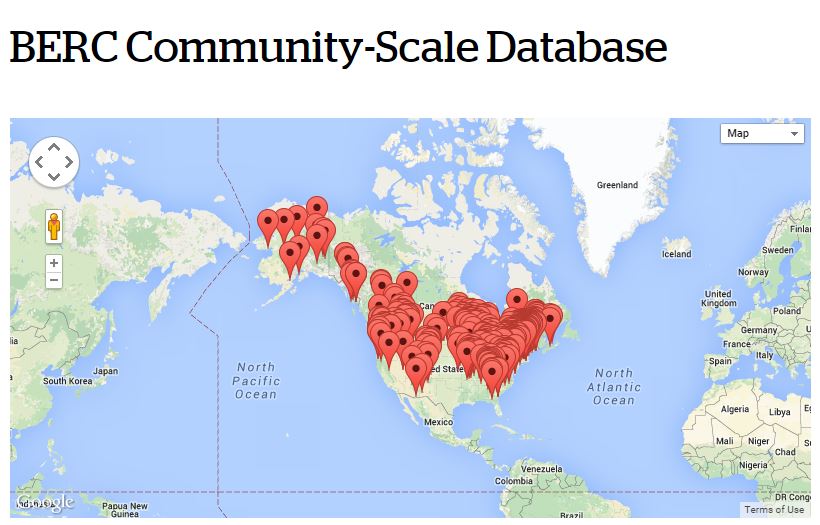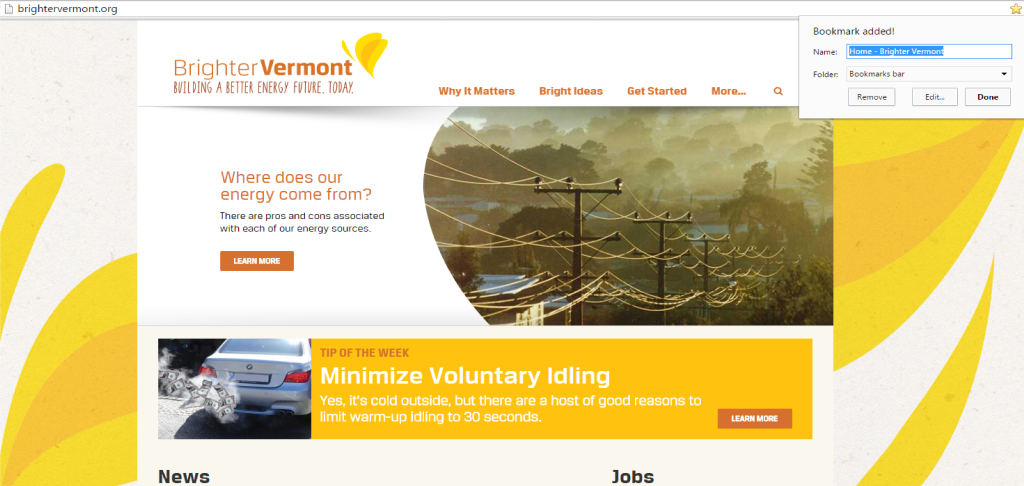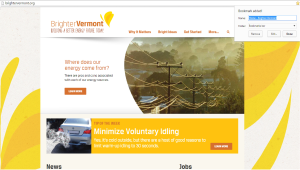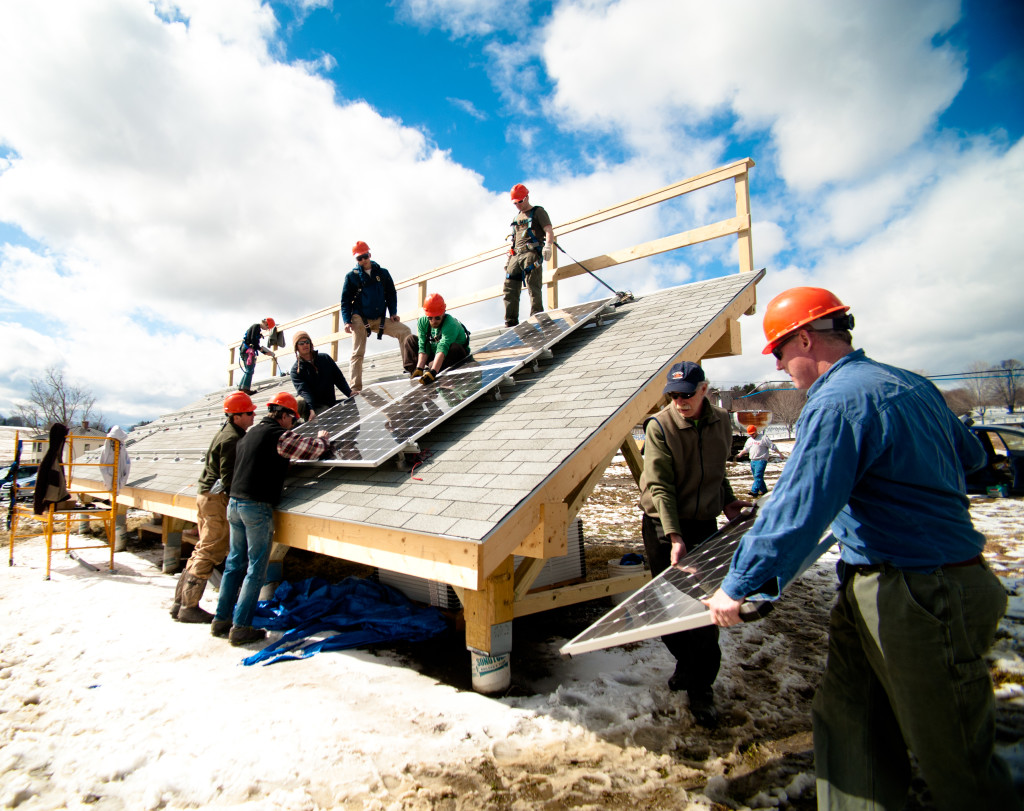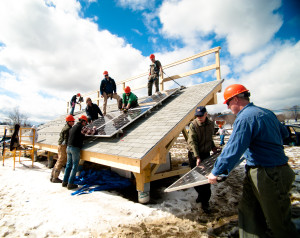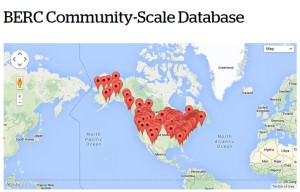 The Biomass Energy Resource Center (BERC), a program of the Vermont Energy Investment Corporation (VEIC), has launched a re-tooled web-based database for tracking the advancement of modern wood heating throughout North America. The newly revised searchable database houses key information on existing community-scale modern wood heating and combined heat and power systems across the U.S. and Canada, as well as an archive of links to case studies. Examples of community-scale facilities include schools, campuses, hospitals, prisons, multi-family or senior housing, government buildings, commercial buildings, and farms and greenhouses.
The Biomass Energy Resource Center (BERC), a program of the Vermont Energy Investment Corporation (VEIC), has launched a re-tooled web-based database for tracking the advancement of modern wood heating throughout North America. The newly revised searchable database houses key information on existing community-scale modern wood heating and combined heat and power systems across the U.S. and Canada, as well as an archive of links to case studies. Examples of community-scale facilities include schools, campuses, hospitals, prisons, multi-family or senior housing, government buildings, commercial buildings, and farms and greenhouses.
The database was originally created with funding from the U.S. Endowment for Forestry and Communities and further improvements were made with funding from the U.S. Department of Energy through the support of Vermont Senator Patrick Leahy. The re-tooled database is a user-friendly, interactive tool that will help collect and track information on a continuing basis. “This resource will provide stakeholders from a variety of backgrounds with a better understanding of the current demand for wood fuels as an energy source and the success of modern wood heating projects throughout North America,” said Adam Sherman, Manager of BERC at VEIC.
The database already contains more than 500 entries, but to ensure that this publicly available resource is accurate and up to date, BERC is asking for user participation. “We are committed to maintaining and building this database over time to ensure it remains a useful and reliable too, but this is a rapidly growing sector, so we need users to help,” said Sherman. “We need people to engage with the database; add new entries for facilities that have been missed and as new facilities come online, and edit existing entries that are incomplete.” With regular contributions, the database will continue to improve and grow.
With tens of thousands of annual visits and top Google search ranking, the BERC website is a high-visibility home for this important tool. The BERC database is designed to provide vital information on a specific subset of biomass energy facilities; community-scale biomass heating projects. The BERC database complements the Wood2Energy.org database that covers a broader spectrum of biomass energy facilities including power plants, sawmills, and pellet mills. Not only will the BERC database provide wood heating systems vendors the exposure and recognition for their projects, it also helps demonstrate that modern wood heating is becoming mainstream throughout North America. To learn more about using and contributing to the database visit www.biomasscenter.org/database.
About BERC
The Biomass Energy Resource Center (BERC) is a program of Vermont Energy Investment Corporation (VEIC). BERC works to advance the use of community-scale biomass energy throughout North America and beyond by providing technical consulting services, biomass energy program design and delivery, and education and outreach on benefits and best practices. BERC works with communities, federal, state and local governments, colleges and universities, businesses, utilities, and others to use local biomass resources, invest in local energy systems, and reduce the use of fossil heating fuels.




